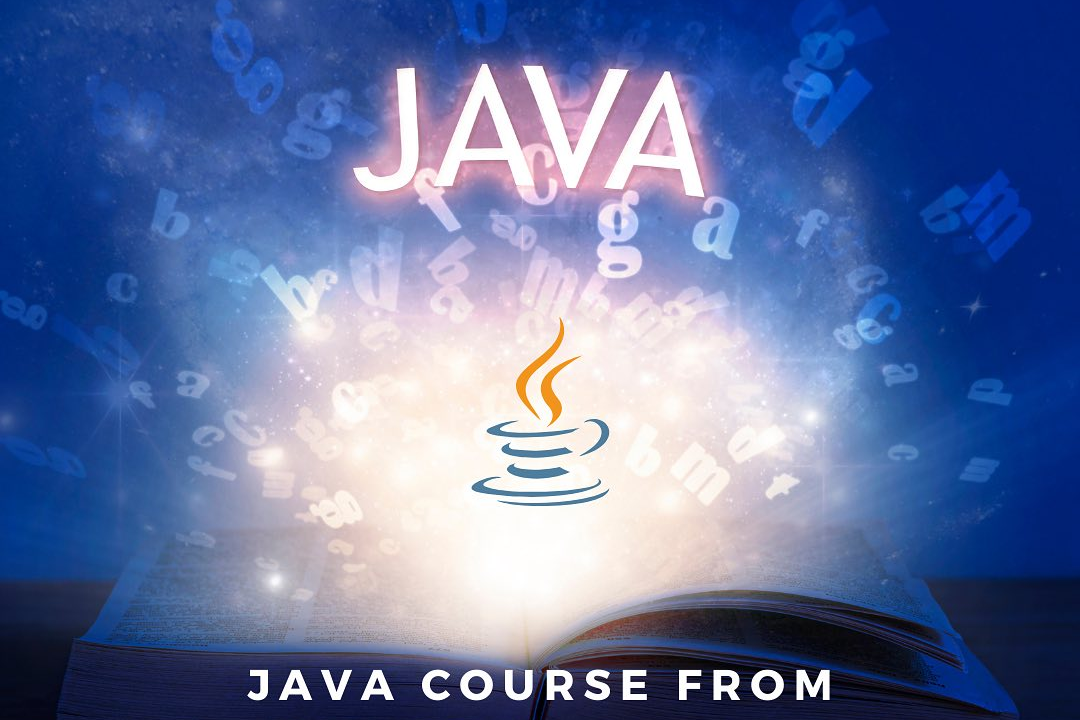Java Plugin Development
Mastering Java Plugin Development
Java Plugin Development
Java Plugin Development involves creating modular components or extensions for Java applications, allowing developers to enhance functionality and customize features without altering the core application code. This approach typically utilizes the Java API for plugin management, such as the Java Service Provider Interface (SPI) or frameworks like OSGi (Open Services Gateway Initiative) that facilitate dynamic loading, unloading, and management of plugins at runtime. In a plugin architecture, developers can define interfaces that plugins implement, ensuring interoperability and promoting code reuse. The benefits of this development style include increased flexibility, easier maintenance, and the potential for third-party developers to contribute additional features, thus fostering an ecosystem around the base application.
To Download Our Brochure: https://www.justacademy.co/download-brochure-for-free
Message us for more information: +91 9987184296
1 - Introduction to Java Plugins
Understand the concept of plugins and their role in extending the functionality of Java applications. Discuss the importance of modular design.
2) Java Plugin Architecture
Explore different architectures for Java plugins, such as OSGi, Java SE, and how they enable plugin management and modularization.
3) Setting Up the Development Environment
Guide students through the installation of necessary tools and IDEs (like Eclipse or IntelliJ IDEA) to facilitate Java plugin development.
4) Creating a Basic Plugin
Walk through the process of creating a simple Java plugin, including project structure and key components like manifest files.
5) Understanding the Java Reflection API
Introduce the Java Reflection API, which allows developers to inspect classes, interfaces, and objects at runtime, essential for dynamic plugin loading.
6) Defining Plugin Interfaces
Teach students how to define common interfaces for plugins to implement, fostering a standard for communication between the core application and plugins.
7) Plugin Lifecycle Management
Discuss the lifecycle of a Java plugin, including how to manage the loading, initialization, execution, and termination of plugins.
8) Developing with OSGi Framework
Explore the OSGi framework as a powerful way to build modular applications in Java, incorporating service registration and dependency management.
9) Error Handling and Logging
Examine best practices for error handling in plugin development, as well as how to implement logging to aid in debugging and maintenance.
10) User Interface Development
Cover the basics of extending user interfaces through plugins, using frameworks like JavaFX or Swing for creating graphical elements.
11) Dependencies and Class Loading
Explain how to manage dependencies effectively in plugin development, including issues related to class loading and versioning.
12) Testing Java Plugins
Introduce the methods and tools for testing Java plugins, including unit testing frameworks and integration testing approaches.
13) Packaging and Distribution
Discuss how to package plugins for distribution, including jar files, and processes for deploying plugins into different environments.
14) Version Control and Collaboration
Explain the importance of using version control systems (like Git) in plugin development for managing code changes and collaboration.
15) Real world Plugin Examples
Provide case studies or examples of popular plugins used in well known Java applications to inspire students and contextualize their learning.
16) Future Trends in Plugin Development
Discuss emerging trends in plugin development, such as cloud based plugins and microservices, to prepare students for evolving technologies.
17) Capstone Project
Encourage students to apply their knowledge in a capstone project where they design and implement their own Java plugin, fostering practical skills.
Each point can be expanded or tailored based on the duration of the training program and the background of the students, ensuring comprehensive coverage of Java Plugin Development.
Browse our course links : https://www.justacademy.co/all-courses
To Join our FREE DEMO Session: Click Here
Contact Us for more info:
- Message us on Whatsapp: +91 9987184296
- Email id: info@justacademy.co












